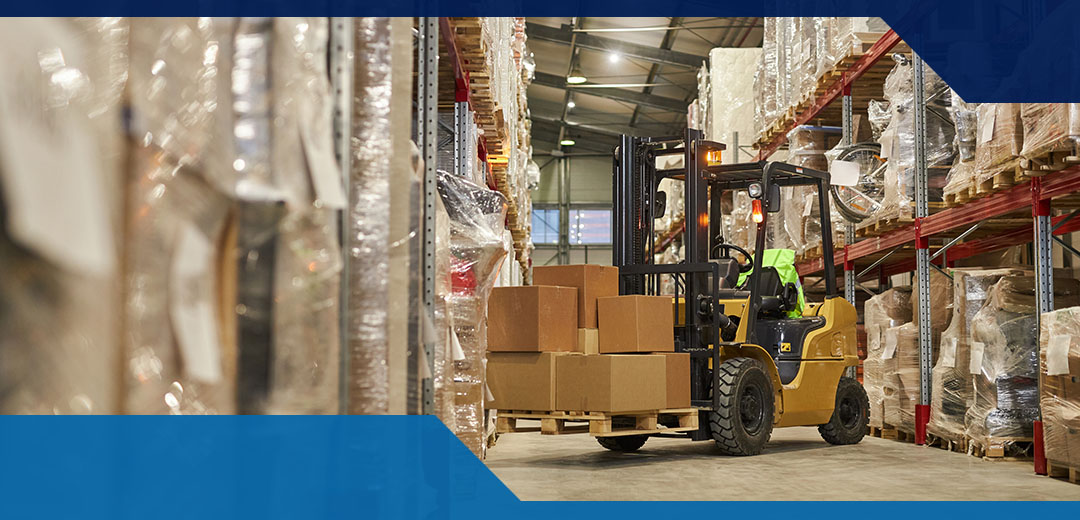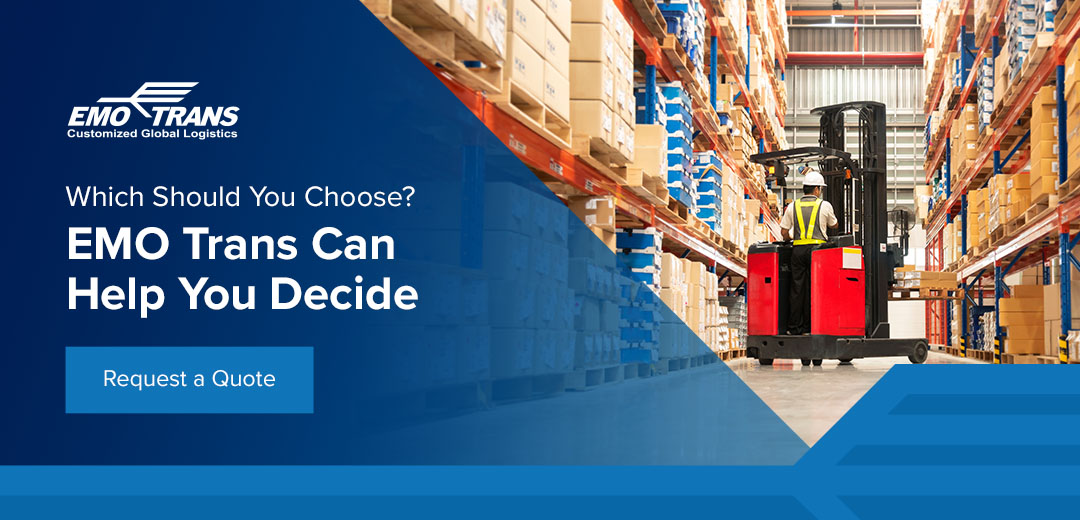
Business owners looking for storage space may face the dilemma of renting or buying a warehouse. It’s not an easy decision, especially for new business owners who may not fully understand the implications of each option. Additionally, whether to lease or buy a warehouse can be subjective, depending on a company’s needs. You must consider several factors before deciding to rent or buy a warehouse. You also need to understand each option’s pros and cons before deciding.
Costs to Lease a Warehouse
One of the most important factors to consider when renting and buying a warehouse is the cost of each option. Both options have significant financial implications, and you’ll want to understand the differences so you can choose the option that aligns with your needs. So how much is it to rent a warehouse? This is the breakdown of the cost:
- The base rent: This is the price per square foot for the space you lease. Rent is generally paid once a month.
- Security deposit: In addition to the base rent, you’ll likely pay one to two months’ rent as a security deposit for the space. If you don’t damage the warehouse, your landlord will refund this deposit at the end of the lease.
- CAM or NNN costs: Common area maintenance (CAM) or triple net (NNN) fees also add to the cost of leasing a warehouse. NNN refers to the tenant taking on the responsibilities for insurance, property taxes and maintenance. CAM fees describe the costs associated with managing and maintaining shared areas, such as landscaping costs.
Although supply and demand influence lease rates, additional factors may also affect the rent paid for storage spaces.
Cost to Buy a Warehouse
The cost components of purchasing a warehouse include:
- Down payment: You will likely need a down payment of between 20% and 25% for a business loan.
- Mortgage payments: If you get a mortgage, you’ll pay the ongoing principal plus interest. Like rent, mortgage payments are generally due monthly.
- Maintenance: You will be responsible for the costs of building repairs, parking lot fixes, snow removal, landscaping, roof replacement and similar maintenance costs. Annual maintenance costs are often between 2% and 4% of the property value.
- Taxes: As the warehouse owner, you’ll pay annual property taxes, which typically range from 1% to 2% of the assessed value.
You should also insure your warehouse with a general liability insurance policy. This coverage protects you against various damages and losses, including copyright violations, property damage and third-party bodily injuries. You may also want to consider additional insurance coverage, including:
- Commercial auto insurance
- Commercial umbrella insurance
- Warehouse legal liability insurance
Tax Differences When Renting or Buying a Warehouse
Buying a property through a limited liability company (LLC) instead of as an individual can provide some tax advantages because LLCs are taxed as partnerships. In addition, LLCs enjoy corporate-like protections and advantages without being actual corporations. Buying and owning a warehouse also allows you to take advantage of depreciation, which reduces your taxes.
When renting a warehouse, you may pay taxes if you have a net lease agreement. Net leases make you responsible for paying the property taxes directly instead of the owner paying them. A single net lease requires the tenant to pay the property taxes and the rent, while a double net lease adds insurance to the costs. A triple net lease requires payment of utilities, insurance, maintenance, and taxes in addition to rent. You should negotiate this cost with your landlord before signing the agreement.
How Location Impacts the Decision to Lease or Buy Warehouses
Accessibility can have a huge impact on your business operations, making the location of your warehouse one of the crucial factors to consider when planning to buy or rent one. You want to ensure it’s easy for your clients and deliveries to access the warehouse. The right location can help your business cut costs, ensure timely delivery of goods and streamline expenses. The location can also influence whether to buy or lease the storage space.
The tax rates and rent for specific locations can influence your decision to buy or rent. For example, tax incentives in specific areas may make buying a warehouse more appealing than warehouse leasing. If renting instead of buying in a particular location makes economic sense, then leasing is the right choice for your business.
You should also consider the availability of personnel in the area where you want to buy or lease a warehouse. After comparing the costs of buying and renting a warehouse, the next important cost is labor. A high demand for the skills you’re looking for in the region and a low supply of qualified individuals will increase salaries and vice versa. To minimize operational costs as much as possible, you’ll want to base your warehouse purchase or leasing decisions on all these factors.
Restrictions and environmental conditions also play a crucial role. If you’re looking for storage space in areas prone to hurricanes, tornados, snowstorms, flooding and earthquakes, you’re more likely to prefer renting over buying.
Pros and Cons of Each Option
Whichever option you choose, you’re bound to gain and lose. Your final decision will be based on what you need the most and what you’re willing to forgo.

Pros and Cons of Renting a Warehouse
Here are some of the benefits of renting:
- Plenty of options: More warehouses are generally available to rent than buy, giving you more options to find a storage facility that fits your needs.
- Business flexibility: You can always move to a bigger warehouse if your business grows.
These are the drawbacks of renting a warehouse:
- Unreliable location: The landlord may refuse to renew the lease, and you’ll have to urgently look for a new location that may not be as reliable as your previous location.
- Lack of control: You don’t have the freedom to make modifications without the owner’s permission.
- Fluctuating rates: Rents are subject to annual increases or when you renew the lease. The fluctuations make it difficult to forecast future costs.
Pros and Cons of Buying a Warehouse
These are the advantages of purchasing a warehouse:
- Flexibility: Buying a warehouse comes with the flexibility of turning the space into the style, shape or design you like. You’ll have first to seek permission to do renovations if you’re in a rented warehouse.
- Stability: Rental prices can fluctuate and increase operational costs, but you don’t have to worry about this if you own the warehouse.
- Tax benefits: You may enjoy tax benefits in specific locations.
- Investment: A warehouse is a piece of real estate that can grow in value over time.
There are also some disadvantages of buying:
- High initial costs: You’ll pay high initial costs for the down payment instead of the much lower security deposit if you rent the warehouse.
- Maintenance costs: You will incur the cost of maintaining the warehouse.
Which Should You Choose? EMO Trans Can Help You Decide
Before deciding to buy or rent a warehouse, you should thoroughly assess your business needs, future growth, market conditions and financial resources. Although renting is economical when the business is financially constrained, owning comes with significant benefits like full property control and stability. Weigh the pros and cons of each option and make a decision that aligns with your business needs. As global logistics experts, EMO Trans can guide you in choosing the right logistical decisions for your business. Visit our website and request a quote.

